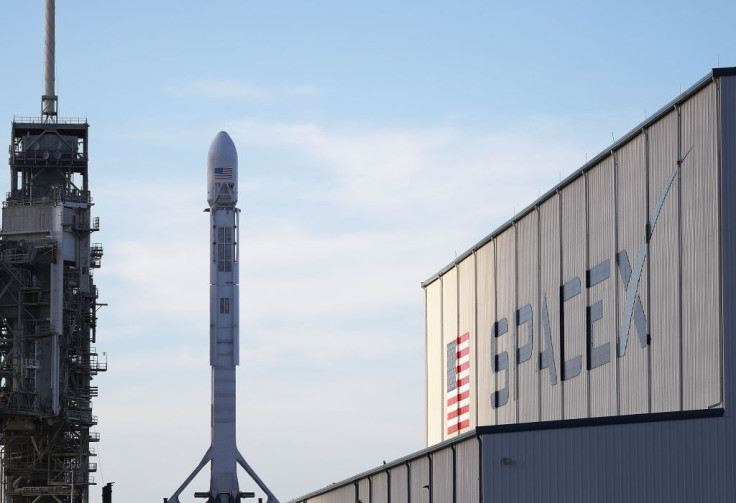SpaceX to attempt two rocket launches in three days
SpaceX Falcon 9 is set to launch 10 Iridium satellites on Monday, 9 October.

SpaceX is gearing up for two back-to-back launches – one on Monday (9 October) and the other a couple of days later on Wednesday (11 October), according to a report in Ars Technica.
The space company has already made 13 successful launches so far this year and will look to add more to its list with the latest pair of lift-offs. It will first launch 10 satellites for Iridium communications – the company which aims to set up a constellation of 66 communication satellites, dubbed Iridium Next, for providing cellular and data coverage in remote parts of the world.
At 8:37 am ET, a SpaceX Falcon 9 rocket will lift off from the Vandenberg Air Force Base in California to take the 10 communication satellites into low Earth orbit, approximately 700km above Earth.
This will be SpaceX's third launch, out of eight, scheduled for the communications company and will take the total number of their active satellites to 30.
The live webcast of the lift-off is expected to begin 15-20 minutes before the scheduled launch time.
Once the satellites are launched, SpaceX will attempt a return landing of the rocket's reusable first stage booster at its "Just Read The Instructions" landing pad (autonomous spaceport drone ship) floating in the Pacific.
The second launch scheduled for Wednesday (October 11), will see another Falcon 9 carrying an SES-11/EchoStar 105 satellite into geostationary orbit. The launch will take place at 4:30 pm ET from Nasa's Launch Complex 39A at the Kennedy Space Center in Florida.
It is important to note that the booster for this launch has already made one return – back in February – and will be used again, something that the company has already done twice before. A few days back, Musk had hinted on Instagram that the company will attempt a return landing for this one as well.
Apart from the SpaceX launch, two more launches are scheduled for Monday – the first will see the launch of a communications satellite on-board a Chinese Long March 2D rocket, while the second will be the launch of a Michibiki 4 navigation spacecraft on-board a Japanese H-2A rocket.
You can watch the live webcast of the first launch here:
© Copyright IBTimes 2024. All rights reserved.





